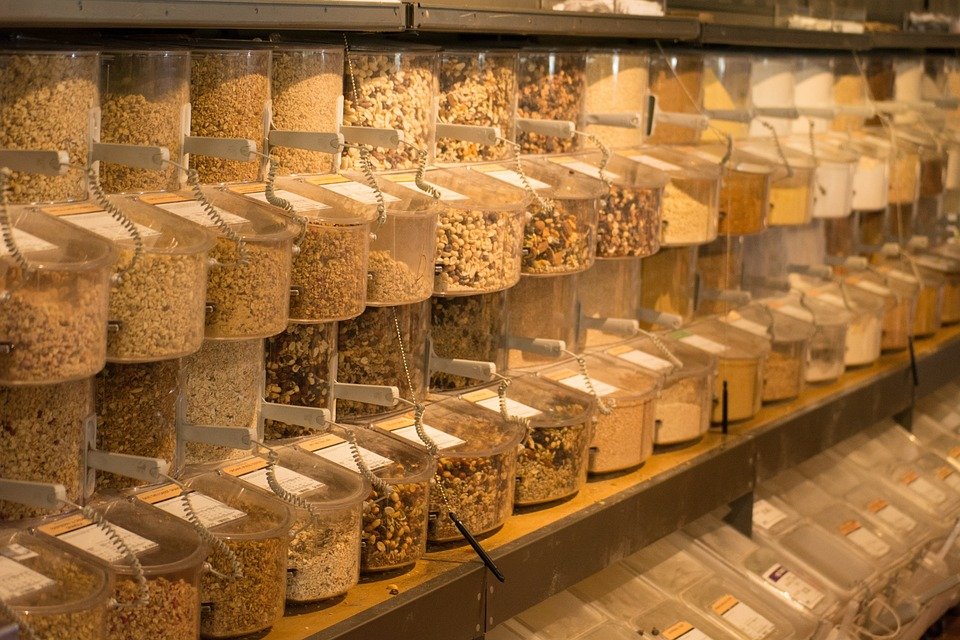In today’s fast-paced world, it can be easy to overlook the importance of eating whole, nutrient-dense foods. With the convenience of processed and fast foods, many people opt for quick and easy options that are often lacking in essential vitamins and minerals. However, the power of wholefoods should not be underestimated when it comes to boosting your energy levels and strengthening your immune system.
Wholefoods are foods that are in their natural state, meaning they have not been processed or refined. This includes fruits, vegetables, whole grains, nuts, seeds, and legumes. These foods are rich in vitamins, minerals, antioxidants, and fiber, all of which are essential for optimal health and well-being.
Boosting Your Energy Levels with Wholefoods
One of the key benefits of wholefoods is their ability to provide a steady source of energy throughout the day. Unlike processed foods that are often high in sugar and unhealthy fats, wholefoods are rich in complex carbohydrates that are slowly digested and absorbed by the body. This helps to stabilize blood sugar levels and prevent energy crashes that are common with refined sugars and processed foods.
Wholefoods are also high in essential vitamins and minerals that play a crucial role in energy production. For example, foods rich in vitamin B12, such as leafy greens and legumes, help to convert carbohydrates into energy. Iron-rich foods like lentils and spinach are also important for maintaining healthy energy levels, as iron is essential for transporting oxygen to the cells in the body.
Incorporating wholefoods into your diet can help to improve your overall energy levels, making it easier to stay active and alert throughout the day. Whether you’re looking to boost your energy for a workout or simply want to avoid that mid-afternoon slump, wholefoods can make a significant difference in how you feel.
Strengthening Your Immune System with Wholefoods
In addition to boosting your energy levels, wholefoods are also essential for strengthening your immune system. The immune system is a complex network of cells, tissues, and organs that work together to protect the body from harmful pathogens and infections. A diet rich in wholefoods can help to support the immune system by providing the nutrients it needs to function properly.
Wholefoods are high in antioxidants, which are compounds that help to neutralize free radicals in the body. Free radicals are unstable molecules that can damage cells and contribute to inflammation and a weakened immune system. By consuming a diet rich in antioxidants, such as berries, dark leafy greens, and nuts, you can help to protect your immune system from damage and keep it functioning at its best.
Wholefoods are also rich in vitamins and minerals that are essential for immune function. For example, vitamin C is known for its immune-boosting properties and can be found in citrus fruits, bell peppers, and kiwi. Zinc is another important nutrient for the immune system and can be found in foods like pumpkin seeds, chickpeas, and spinach.
By incorporating a variety of wholefoods into your diet, you can help to strengthen your immune system and reduce your risk of illness and infection. A healthy immune system is essential for overall health and well-being, so it’s important to prioritize wholefoods in your daily meals.
FAQs
Q: Are wholefoods more expensive than processed foods?
A: While wholefoods can be more expensive than processed foods in some cases, they are often more nutrient-dense and can provide greater health benefits in the long run. Look for sales, buy in bulk, and shop at farmers’ markets to save money on wholefoods.
Q: Can I still eat processed foods occasionally?
A: It’s okay to enjoy processed foods in moderation, but it’s important to prioritize wholefoods in your diet for optimal health. Try to limit your intake of processed foods and focus on incorporating more wholefoods into your meals.
Q: How can I incorporate more wholefoods into my diet?
A: Start by adding more fruits and vegetables to your meals, replacing refined grains with whole grains, and snacking on nuts and seeds. Experiment with different recipes and try new foods to discover delicious ways to incorporate wholefoods into your diet.
Q: Will eating wholefoods help me lose weight?
A: Wholefoods are often lower in calories and higher in nutrients than processed foods, making them a great choice for weight loss. By focusing on wholefoods and making healthy choices, you can support your weight loss goals and improve your overall health.
In conclusion, the power of wholefoods cannot be overstated when it comes to boosting your energy levels and strengthening your immune system. By incorporating a variety of nutrient-dense wholefoods into your diet, you can support your overall health and well-being and enjoy the many benefits that come with eating a wholefoods diet. Make it a priority to prioritize wholefoods in your meals and reap the rewards of a healthier, more energized you.


